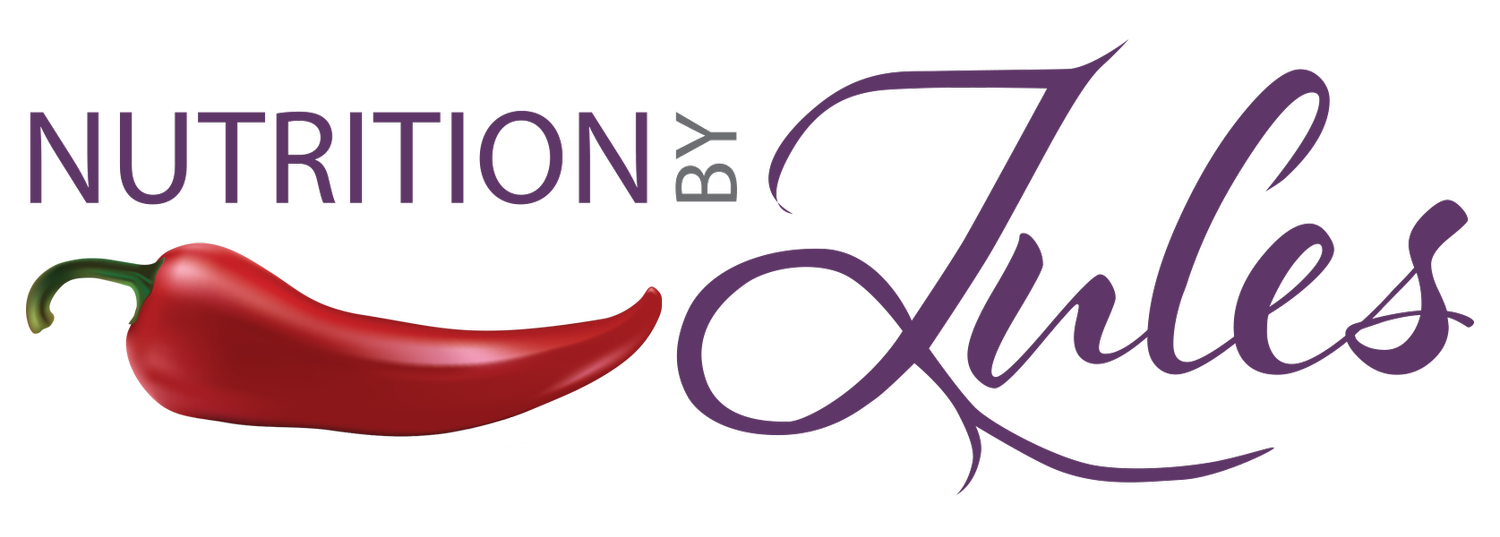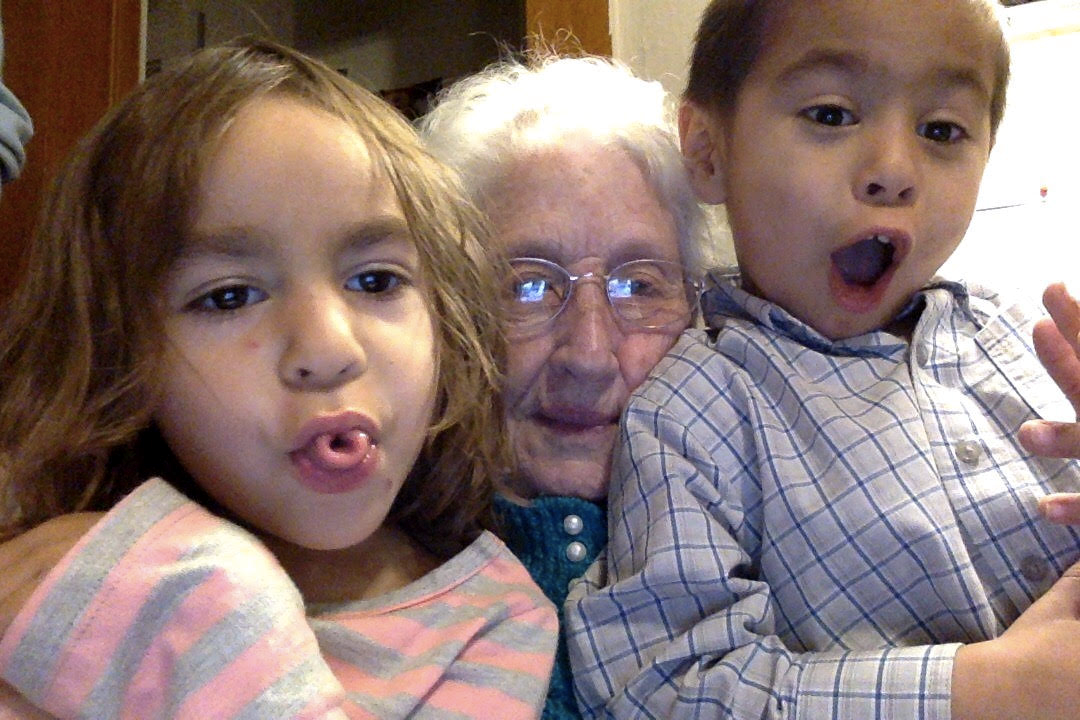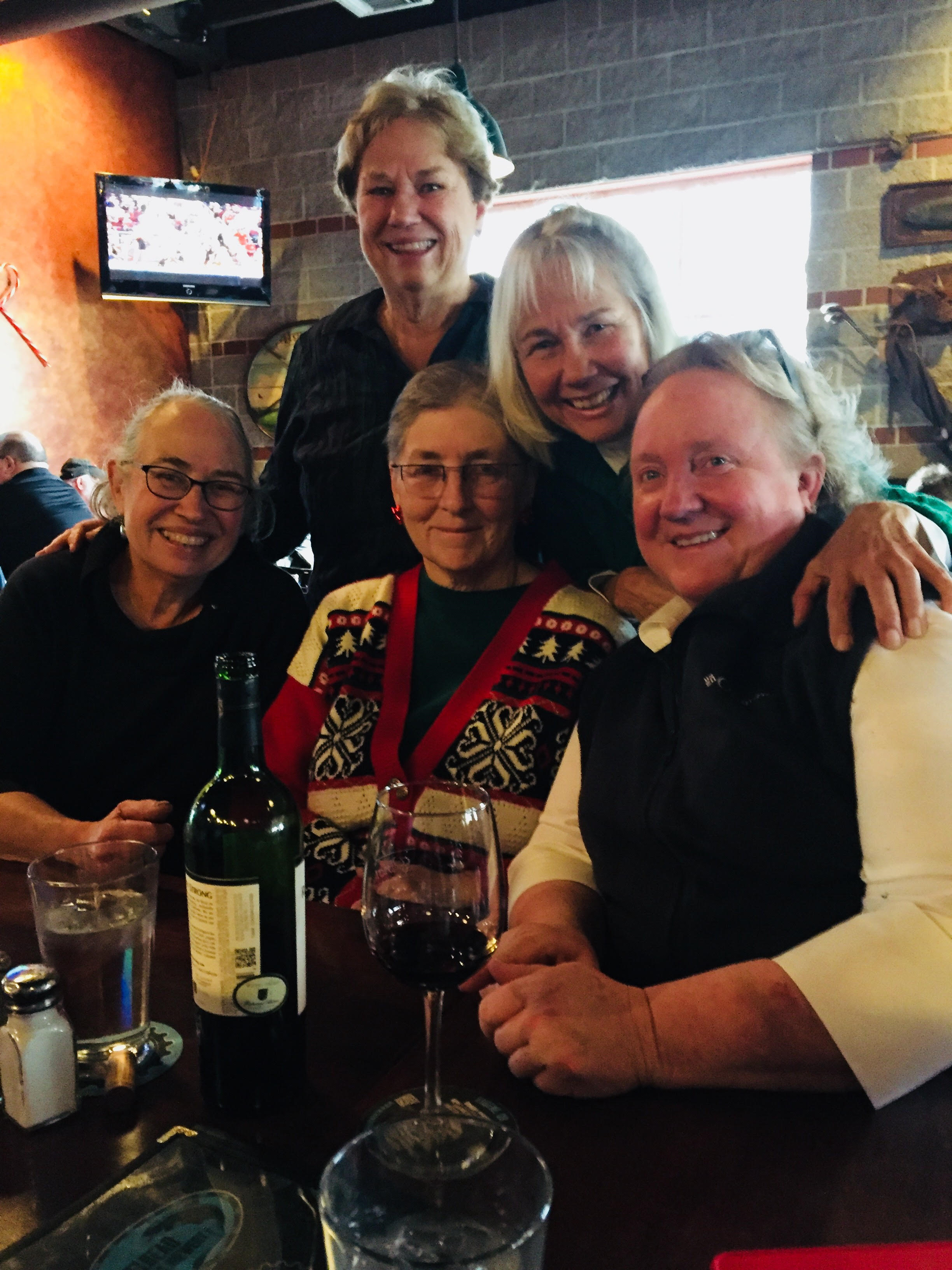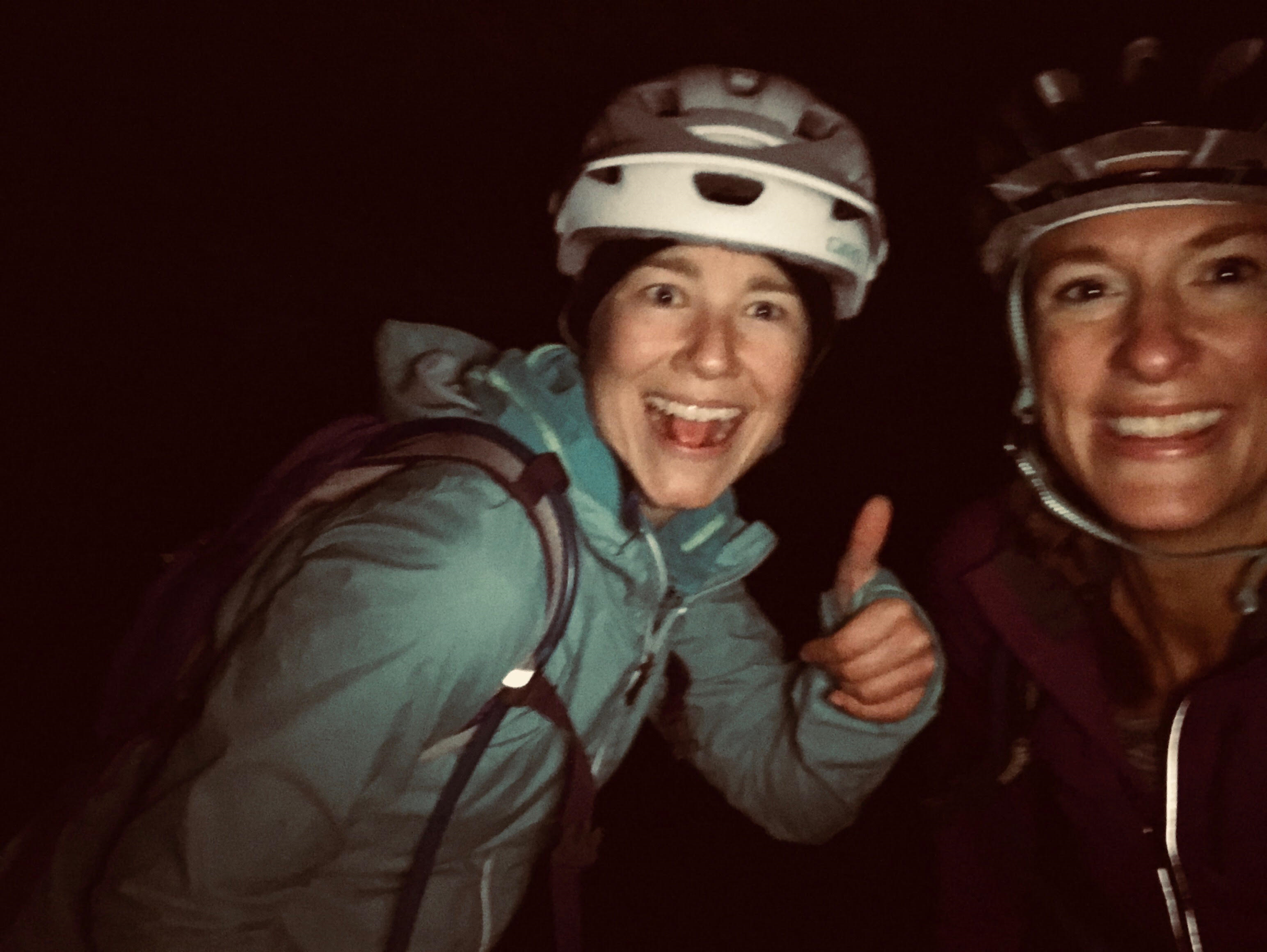Love Thrives.
The environment(s) in which we spend most of our time have a large influence on our behaviors and mood. If those around us smile and laugh, go for walks, prepare their own lunch and do cross-word puzzles, we are more likely to engage in those actives as well. If the people we share space and time with everyday are complaining about their bad day, eating candy bars for breakfast and don’t move from their desk for eight hours, you are more likely to do the same.
Mirrored behavior is part of maintaining the social relationships you have within various environments, for better or worse. Therefore, the more you are able to build your social relationships around positive patterns of behaviors and attitude, the healthier you will be… and the more love you will receive and give.
Love is Health!
Said a different way; Love is engagement in positive, meaningful relationships within your social environments. Not only does love set you up for better health, it sparks motivation and action.
Positive emotions that stem from love help build resilience so you might recover quicker from adversity, avoid anxiety and depression and overall enjoy life more fully. Love also helps build hope, a mindset of optimism when things get tough, and with hope and resilience you can accomplish so much more than you otherwise would have (or wouldn’t have) imagined. Love is eudaimonic happiness, or the highest human good.
From a clinical lens, feeling love (by the actions, words or emotions that come from quality relationships) releases chemicals that decrease cortisol, which helps with blood sugar regulation, overall inflammation and stress, and improves serotonin release for best mood and sleep. It has also been shown, in long-term clinical and behavioral studies of cognition and brain function, to slow the aging process and prevent memory decline.
Overall, those in happy, healthy relationships live longer and have less risk of disease.
How satisfied are you with your relationships, where can you put more focus to improve their quality?
"We are what we repeatedly do" - Aristotle
So why not repeatedly do- be and show- love? Reap the benefits of kindness!
Random Acts of Kindness Day is February 17th.
World kindness day is November 14th.
The Bend JOY Project is happening right now!
I encourage you to use these as an opportunity to evaluate how well you do with showing love, kindness, and joy, and how this builds upon relationships in your life.
Other Sources:Harvard Second Generation Study: Study of Adult Development, http://www.adultdevelopmentstudy.org/grantandglueckstudyMarie-Josee Shaar, Positive Psychologist, http://mjshaar.com/Debra Umberson and Jennifer Karas Montez, "Social Relationships and Health: A Flashpoint for Health Policy". Journal of Health Soc Behav. 2010 ; 51(Suppl): S54–S66. Online at https://www.ncbi.nlm.nih.gov/pmc/articles/PMC3150158/pdf/nihms300162.pdf






